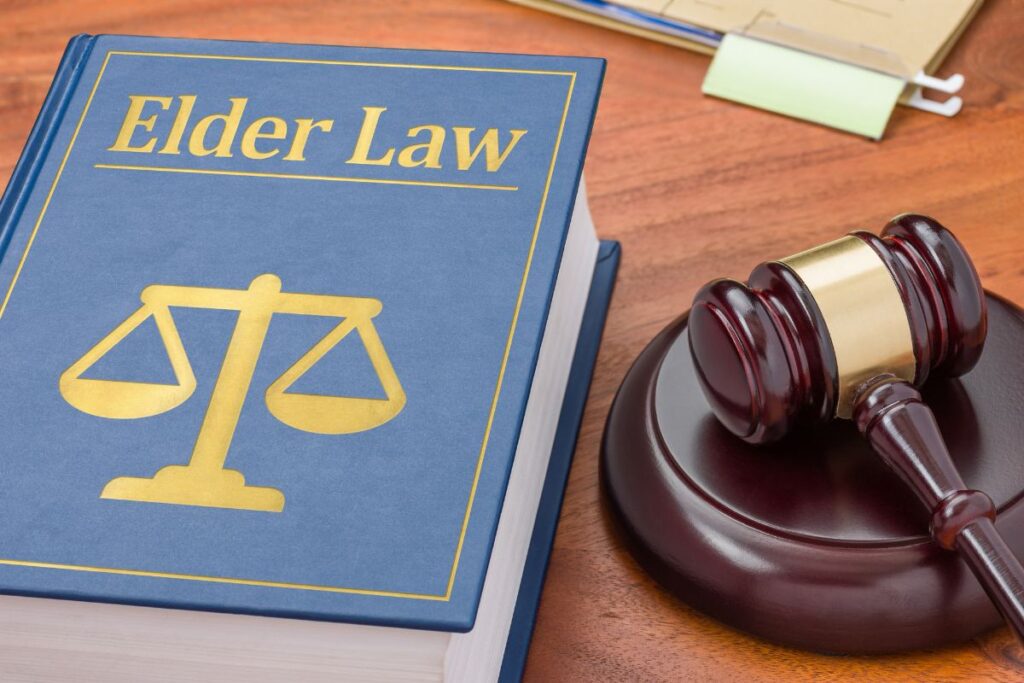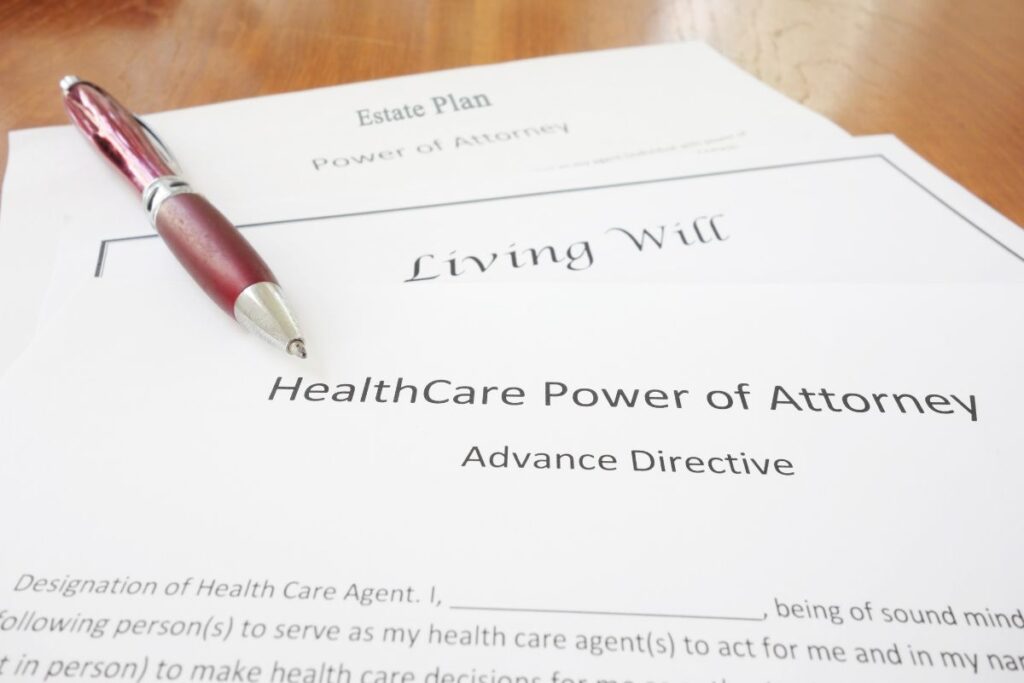Have you ever wondered about the significance of an Arizona Mental Health Power of Attorney? This legal document plays a crucial role in granting a designated agent the authority to make critical mental health treatment decisions on an individual’s behalf when they cannot do so themselves. Typically, it comes into play when a person faces a mental health crisis or lacks the capacity to make informed choices regarding their mental health treatment, often due to illness, injury, or other circumstances.

It’s important to note that an Arizona Mental Health Power of Attorney can be integrated into or exist independently of a broader healthcare power of attorney. This document usually contains specific directives about the types of mental health treatment the designated agent can oversee and any restrictions on their decision-making authority. The agent is typically a trusted friend or family member appointed by the individual, who is referred to as the principal.
Role of the Mental Health POA
In situations with no dedicated Mental Health Power of Attorney, the agent under a traditional health care power of attorney can make decisions related to mental health treatment if the principal is found incapable. However, it’s essential to understand that this agent cannot admit the principal to an inpatient psychiatric facility or consent to inpatient psychiatric treatment. In such cases, resorting to emergency Title 14 Guardianship or Title 36 Court-Ordered Treatment legal processes may be necessary to authorize inpatient psychiatric treatment.

On the other hand, when a Mental Health Power of Attorney is in place and explicitly grants the agent the authority to admit the principal to an inpatient psychiatric facility, the agent can take action if there is reasonable cause to believe that the principal requires evaluation or treatment. Additionally, if a patient refuses treatment or requests discharge, and the treating physician deems further inpatient treatment necessary, the facility can rely on the agent’s consent for treatment, release, and discharge decisions as per the authority granted in the Mental Health Power of Attorney. This can often help avoid the need for Title 14 Guardianship and/or Title 36 Court-Ordered Treatment legal proceedings.
The Value of an Arizona Mental Health POA
In essence, the Arizona Mental Health Power of Attorney is an invaluable legal document, particularly when someone is in the midst of a mental health crisis. It is a powerful tool for avoiding lengthy and complex court proceedings, especially when inpatient mental health treatment becomes essential.

Regardless of their mental health status, every adult should consider including a Mental Health POA in their estate plan. It’s worth mentioning that while this document is significant, it is just one of several medical directives that should be part of a comprehensive Arizona estate plan.
The information contained in this blog was generously provided by Bivens & Associates P.L.L.C., who not only forms part of our proud coalition but also has a proven track record of helping seniors and their families with all aspects of elder law in Arizona.



